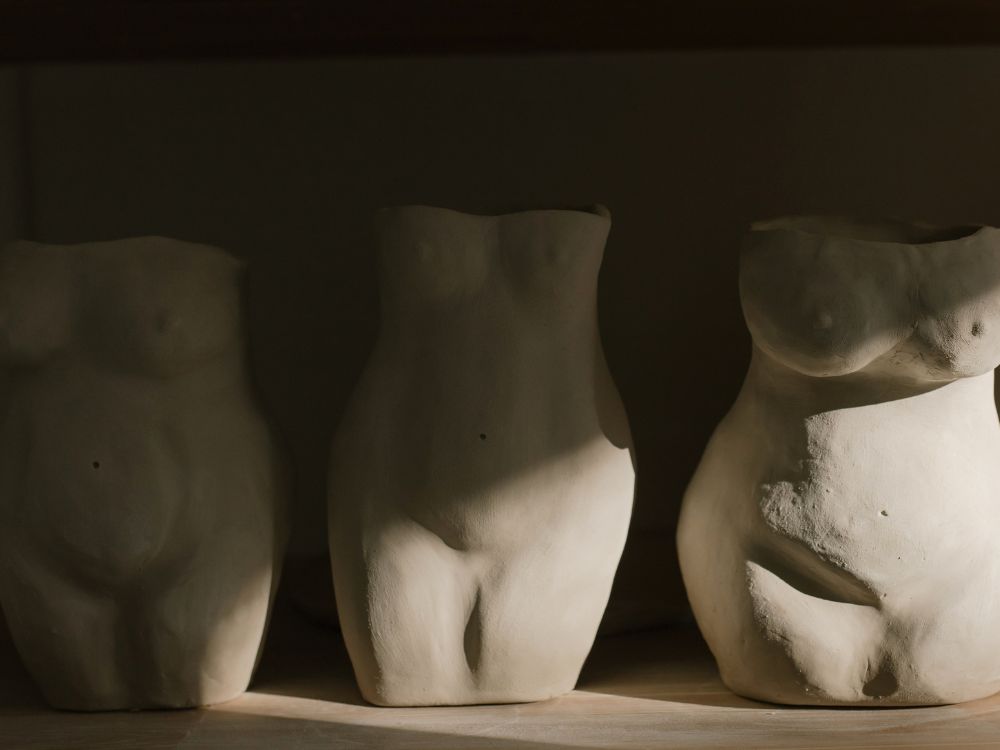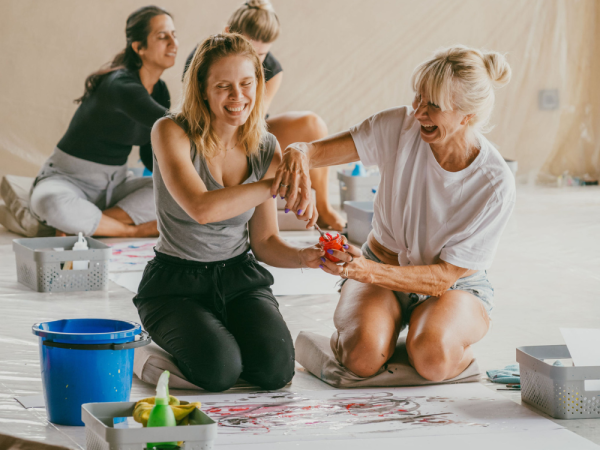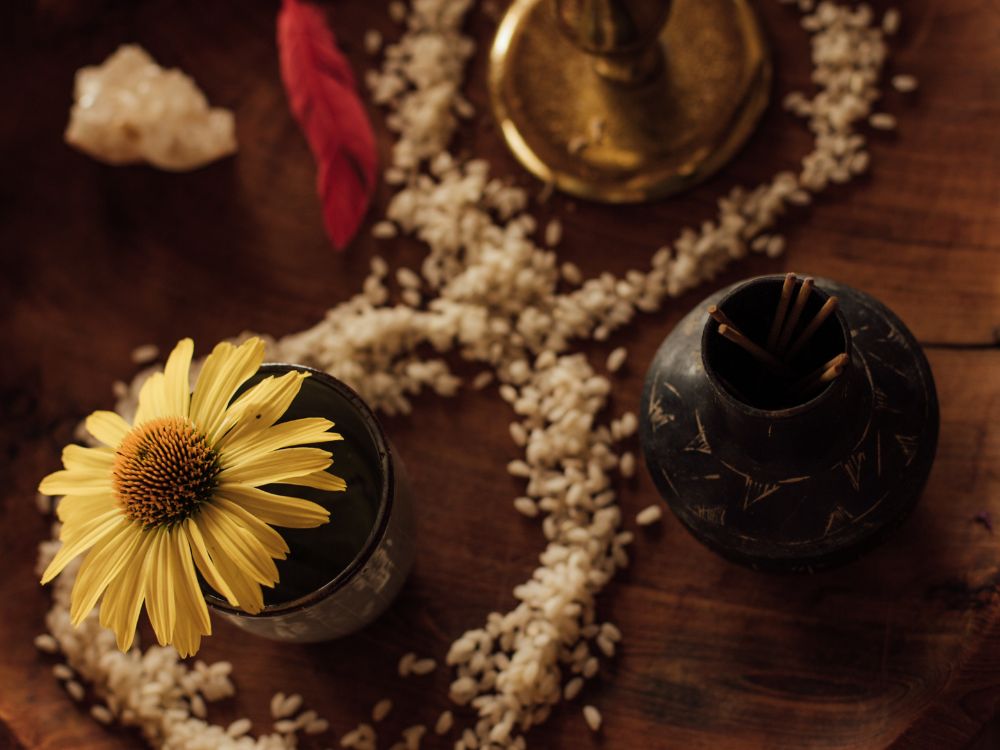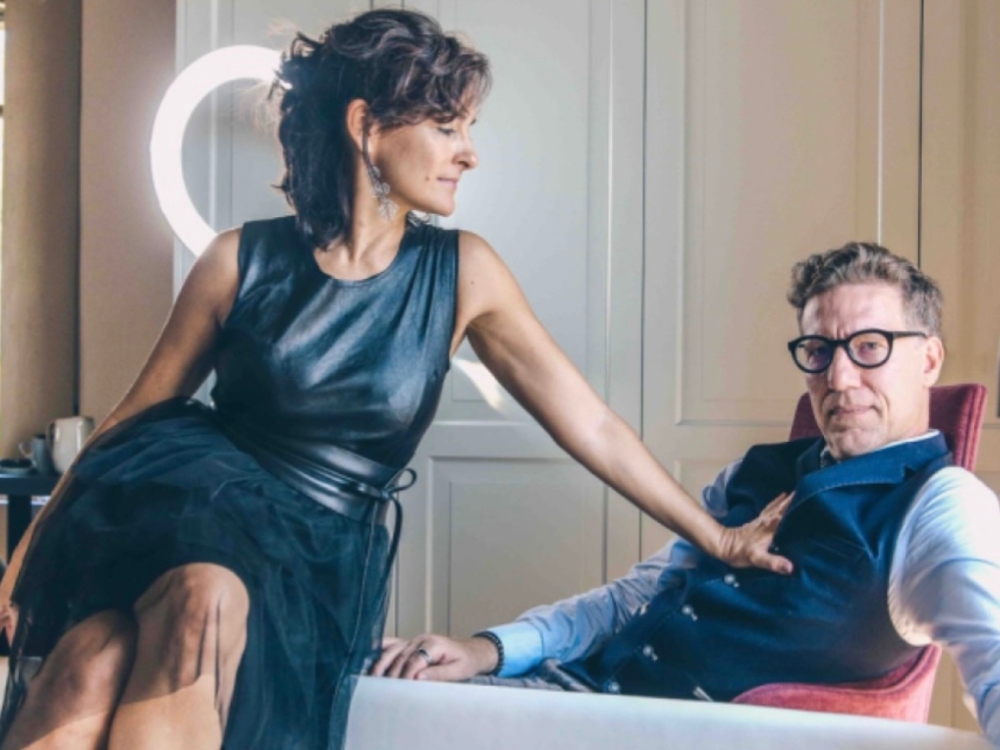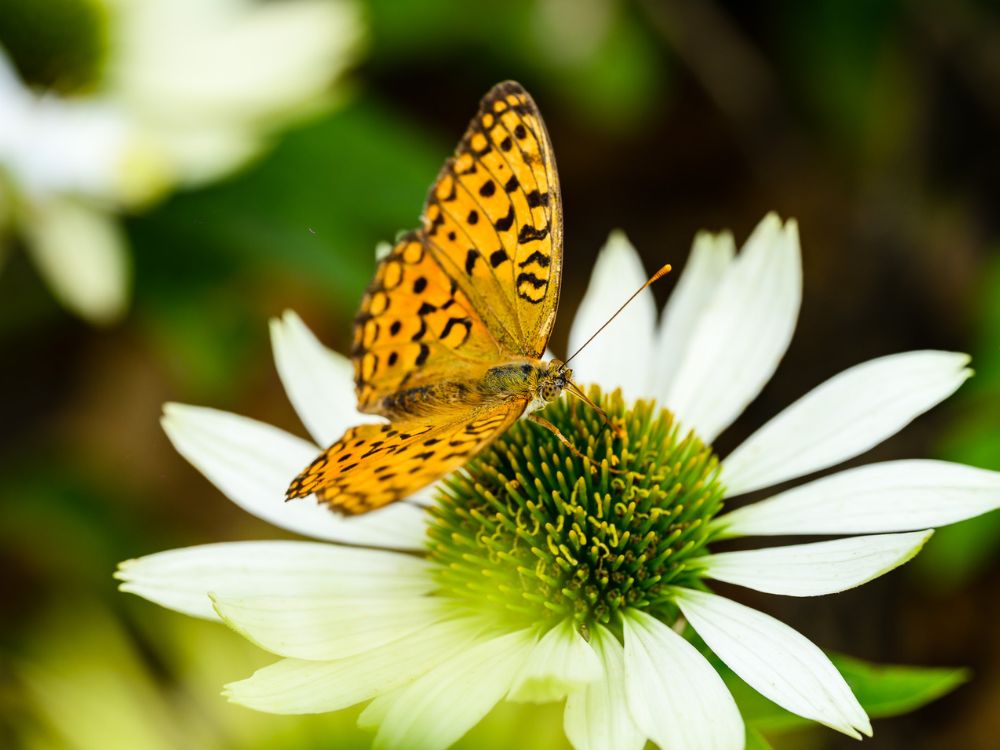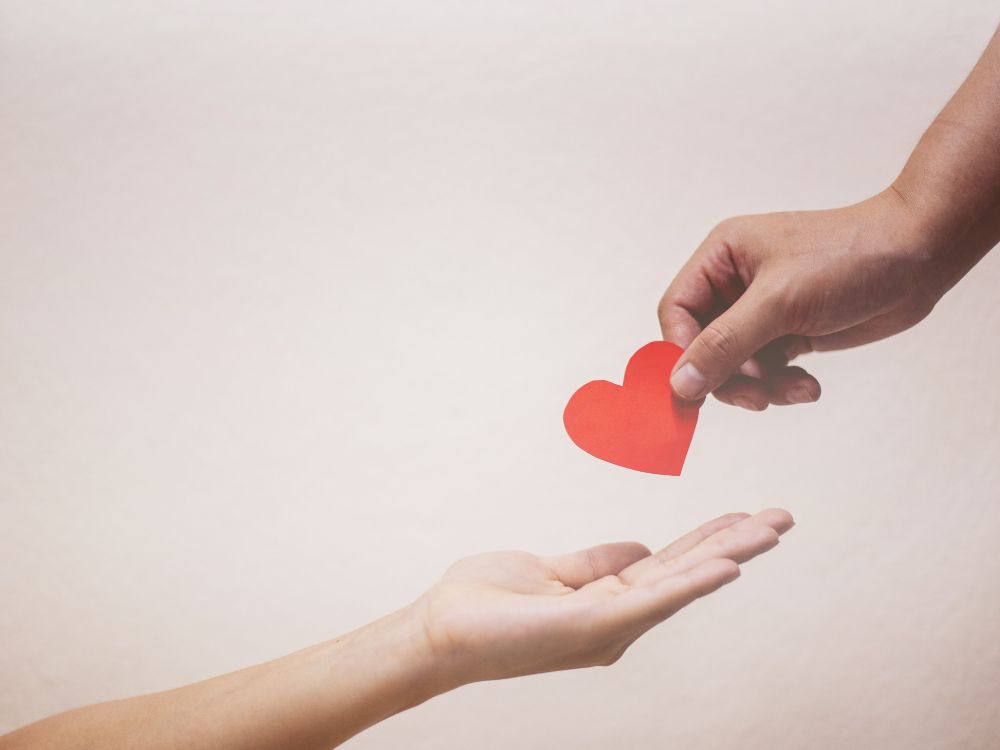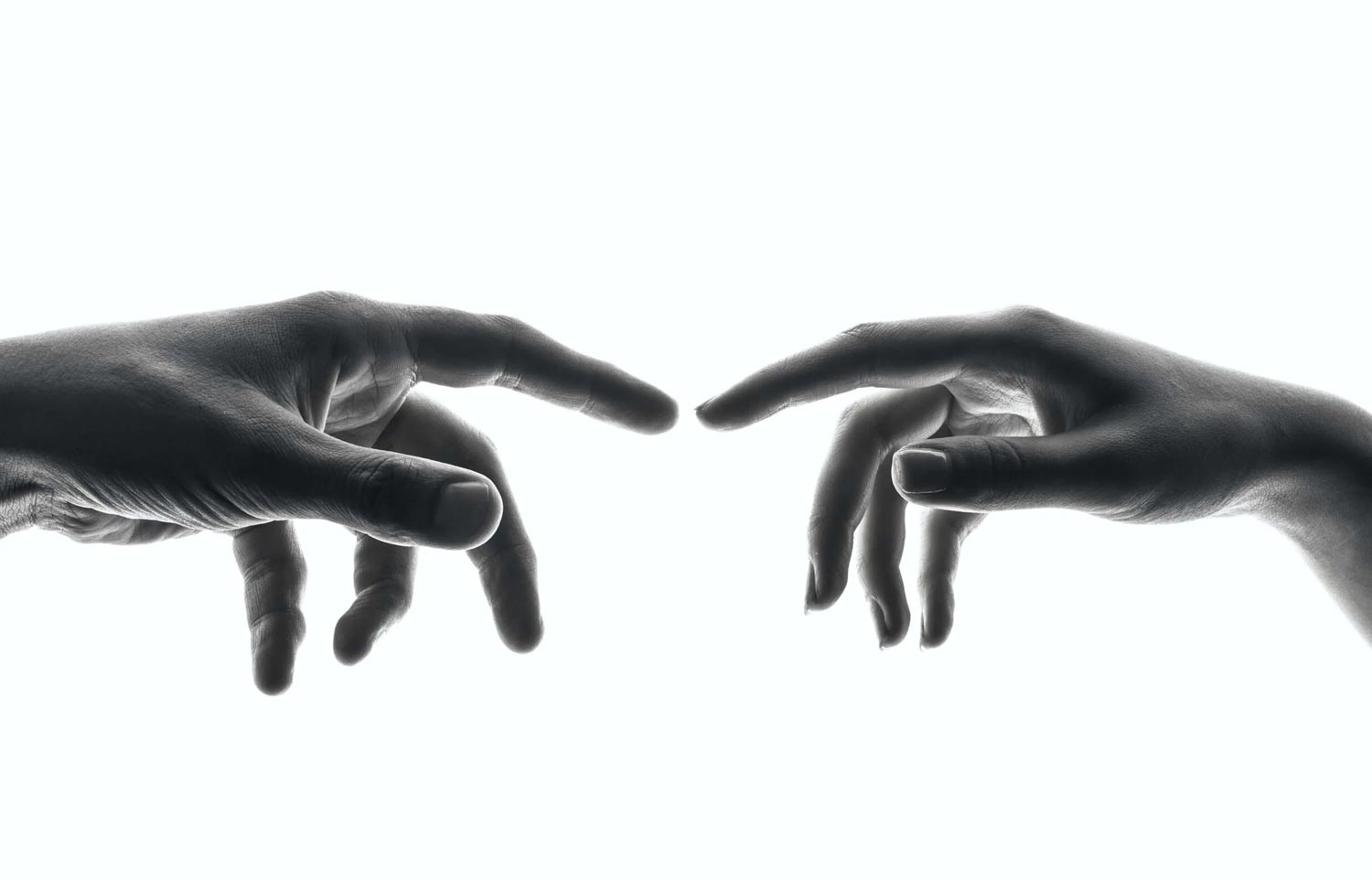In this raw and deeply honest reflection, Erinbell Fanore invites us into the vulnerable terrain of body shame – a place many of us have visited, often more than once. With strong imagery and poignant self-awareness, she speaks not only to the pain of being caught in toxic self-judgment, but also to the courage it takes to keep climbing out of it. This is a story of compassion, resilience, and the quiet power of showing up for ourselves again and again.
It happened again. There I was looking in the mirror judging myself and ashamed of the fact that I was body shaming myself and spinning down into old patterns.
“I think I have gained weight.”
“I am only really truly loveable if I am skinny.”
“I am to blame for not being fitter, stronger, healthier, more gorgeous.”
“I should be beyond all of this body shite. I am a modern woman.”
“It’s my fault I am caught up in this bullshit.”
“What kind of feminist yoga teacher am I?”
Damn it, how can I be back here again? Full of insecurity, shame, frustration, and anger. Why can’t I always look in the mirror and simply love myself as I am? Contemplating this, an image came to mind.
I was swimming in a river of sewage. The rank smell of it was overwhelming as was the sensation of fecal matter rubbing against my skin. I was overwhelmed. I felt raw, exposed, and disgustingly filthy. I was drowning in excrement.
Then a higher part of myself, my true essence, that which is always there inside of me unharmed and unharmable, reached out and grabbed me from the river. She showered me off and gave me one of those firefighter emergency blankets. She sat with her arm around me beside the river. But the smell was still too much.
We went up to higher ground. The sewage river was surrounded by lush green rolling hills. She took me up to the top of a slope. After I rested and caught my breath, I looked down. I saw thousands, millions of other women swimming and drowning in the brown river. I saw how it goes through time. The sewage river travels back many generations.
I also saw that other women were pulling themselves out of the river. Showering off and covering themselves in warm comforting blankets. I saw that on the hillsides all around the river, were women sitting. Women resting. Women out of the waste.
The sight was astonishing. It was both painful and beautiful. There was the agonising heartache of those drowning. My body viscerally knowing so well what it feels like. There was also the hope and joy of those out of the river. My heart expanding outwards. It is possible to get out. We can clean off the shit. We can find higher ground. It is attainable for each of us.
As I sat there, awestruck by what I was witnessing, a further detail came into focus. Right beside me was a mudslide leading back to the shit river. I had already slid down there many times. Over and over, I have crawled out of the river, cleaned off and come up to this hilltop only to eventually slide back in.
This detail isn’t disheartening. Rather it gives me courage. Yes, the river is long. The river is ancient. The river is constantly being reflected and promoted by society all around me. How can I not end up back in it? I was born into it. So was my sister. My mother, her mother and grandmother and beyond were all born into it. It is continually flowing with our inherited pain.
And yet, we can get out.
I have rescued myself hundreds of times already. So next time I fall into the putrid, rancid waters, I know I can escape. There is no shame in ending once again back in it, because the river is bigger than me. It is older than me.
As I see the cycle of in the river, out of the river, to the hill top, and back into the river, the humour of our human predicament jumps out. Oh, man, it’s hard to be human. It’s a messy stinky complicated affair. The collective experience of being human is also highlighted. We are in this together. Showing each other the way and getting stuck together.
So next time I find myself looking in the mirror spiralling down the mudslide into the sewage, I will try to smile and think, “Here I go again! I got this.” I won’t be quite so disheartened by it. This is what it means to be a woman. This is what it means to be human.
I probably won’t be able to always fully love myself just as I am, but I will be gentler with what I see. I won’t take myself quite so seriously. Humour, self compassion and patience will all be looking in the mirror with me.
I write this from a woman’s perspective around body issues knowing that topic goes beyond gender. I also know that there are more than Body Image Sewage Rivers. There are countless different types of garbage rivers. We swim/drown in multiple ones. The good news is that we can get out of them. We are not destined to sink into the muck. Nor is it possible to avoid it. As I said, being human is messy. We have the resilience and the capacity to meet the chaos of life. Each in our own way. Every time one of us makes it to the edge of whatever rubbish river we find ourselves in and pull ourselves out, we offer hope to others.
As we sit at the top of the lush hillsides, seeing the suffering of others in the sewage river below, let us hold them in our hearts. We know what it is like to be tangled up in the excreta of life. We send them our compassion and where possible we reach out our hand and pull someone else out of the suffering.


